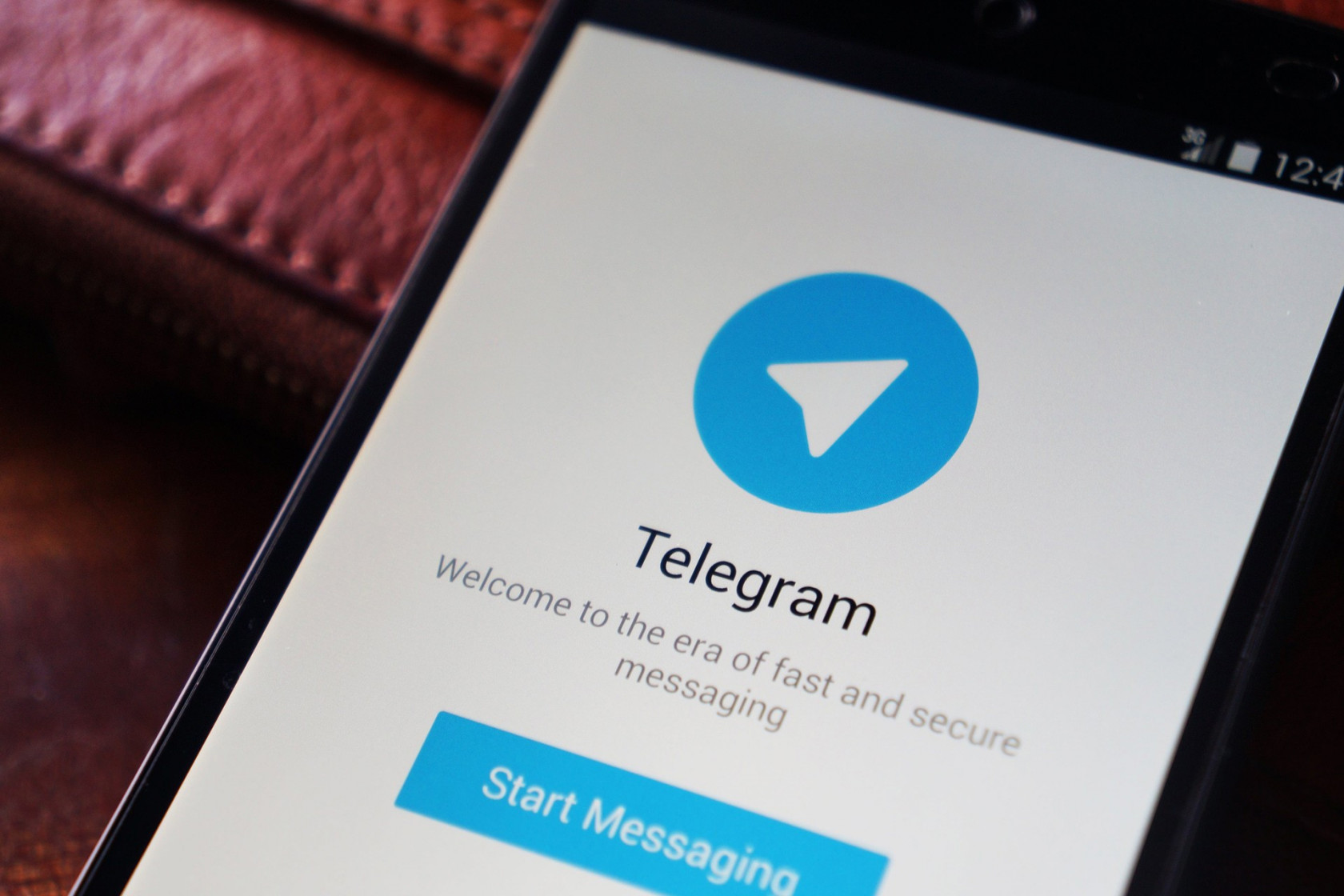Back in 2016, Russia proposed a so-called "anti-terrorist" bill that would force messaging services to provide a way for authorities to decrypt user correspondence, thereby allowing agencies such as the Federal Security Service (FSB) to trawl through private user data. Encryption-focused Telegram has been fighting the ruling, but the country's Supreme Court has just rejected its appeal.
The FSB---successor to the KGB---last year demanded that Telegram share its encryption keys, but the company refused and was hit with a $14,000 fine. Russia argued that the request was a matter of national security as the app was allegedly being used to plan terrorist attacks.
According to Bloomberg, Supreme Court Judge Alla Nazarova rejected Telegram's appeal and has upheld the order. Communications regulator Roskomnadzor said the company now has 15 days to provide the encryption keys, though Telegram says it plans to launch another appeal. The firm's lawyer, Ramil Akhmetgaliev, said the case could drag on until the summer.
The danger for Telegram is that if it loses again, authorities could hand down a larger fine and even block the service in Russia, but Akhmetgaliev says the latter would require a separate court ruling. "Threats to block Telegram unless it gives up private data of its users won't bear fruit. Telegram will stand for freedom and privacy," tweeted company founder Pavel Durov.
The FSB argues that holding the encryption keys isn't a violation of privacy because using them to collect data on suspects would require a court order, an excuse that Akhmetgaliev described as "cunning."
"The FSB's argument that encryption keys can't be considered private information defended by the Constitution is cunning," said the lawyer. "It's like saying, 'I've got a password from your email, but I don't control your email, I just have the possibility to control.'"
